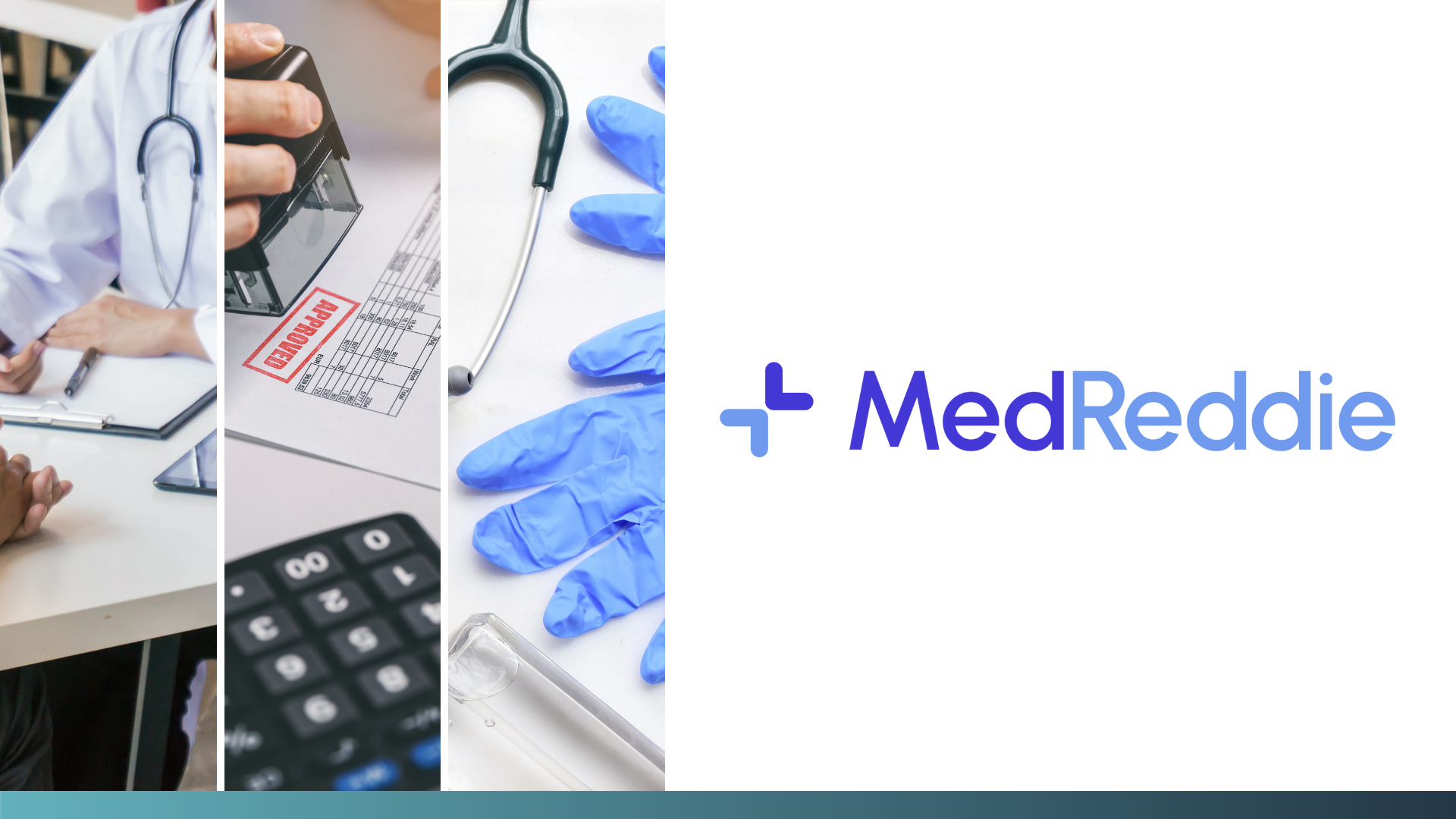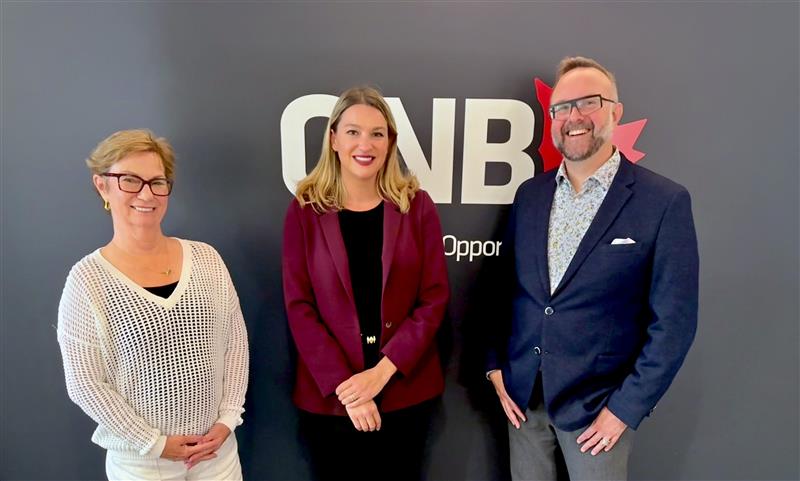
Saint John-based digital health firm MedReddie is transforming the way healthcare organizations research, evaluate, and procure medical products and services. MedReddie leverages a powerful AI agent specifically designed to improve procurement efficiency by generating fair, data-driven evaluation criteria for essential hospital purchases. This innovative approach has proven successful, saving organizations thousands of hours while dramatically improving the data quality surrounding critical medical supplies and services.
MedReddie achieves this groundbreaking efficiency through proprietary machine learning and artificial intelligence models. These systems continuously search and analyze clinically verified, peer-reviewed advancements across the medical device industry. By combining this rigorous data analysis with the company’s deep background in device procurement, MedReddie enables healthcare organizations to develop precise Request-for-Proposal (RFP) questions directly aligned with clinical needs and available solutions—a process now completed in minutes instead of months.
The firm has already had an eventful 2025, highlighted by signing major partnerships with Canada’s largest national clinical group contracting organization, a New York clinical group purchasing organization and investment from Maine’s health system via Roux Institute Future of Healthcare.
ONB spoke with Steven Fyke, the company’s Chief Product Officer, to learn more about the company and what lies ahead.
ONB: What was the impetus for creating MedReddie?
Fyke: The idea for MedReddie came from our founder and CEO, Kara LeBlanc, experiencing firsthand what the healthcare procurement process involves. She found that too often teams lack the time or data to assess true value beyond cost. MedReddie bridges that gap by grounding AI in real-world clinical and procurement data, ensuring decisions are both efficient and outcome-driven.
What role does AI play in your offering?
Artificial intelligence is very much at the core of MedReddie’s solution. The company’s proprietary process grounds our AI model in facts and best procurement practices to ensure that any procurement questions generated focus on value and clinical outcomes, not just cost.
Where are MedReddie’s clients? Are you exporting beyond New Brunswick/Canada?
MedReddie’s clients and partnerships span across Canada and are rapidly expanding throughout the U.S. healthcare system, with existing footholds in New York, Maine, and Pennsylvania.
Our global expansion is underway, underscored by an invitation to present our AI system at the prestigious Value-Based Procurement Conference via Medtech Europe in Brussels.
Can you speak to the relationship the company has developed with ONB and how our team has helped MedReddie thus far?
Opportunities NB has played a key role in helping MedReddie scale, providing important connections, vital funding support, and expert guidance as we prepare for global growth. The latest market development support from ONB will help us further increase our global reach through conference attendance and other marketing activities. We are grateful for their tremendous advice and partnership.
What’s next for MedReddie as we head into 2026?
We have a unique, powerful solution for procurement, and our primary goal is to build deep, valuable relationships across North America and the European Union as we scale our AI internationally. Whether it’s hardware like patient monitors or X-ray units, or software solutions, we are focused on implementing our system to help global healthcare organizations make critical medical purchases faster. As we expand, we are excited to continue developing tools that directly connect procurement decisions to better patient and operational outcomes, establishing smarter, value-driven purchasing as the new healthcare standard.
Learn more at https://medreddie.com/.
ONB helps digital health firms recognize our province’s strengths in genomics & precision medicine, pharmaceutical manufacturing, biomedical engineering, senior care, monitoring & diagnostic systems, medical devices, and more. Learn more on our digital health sector page.


